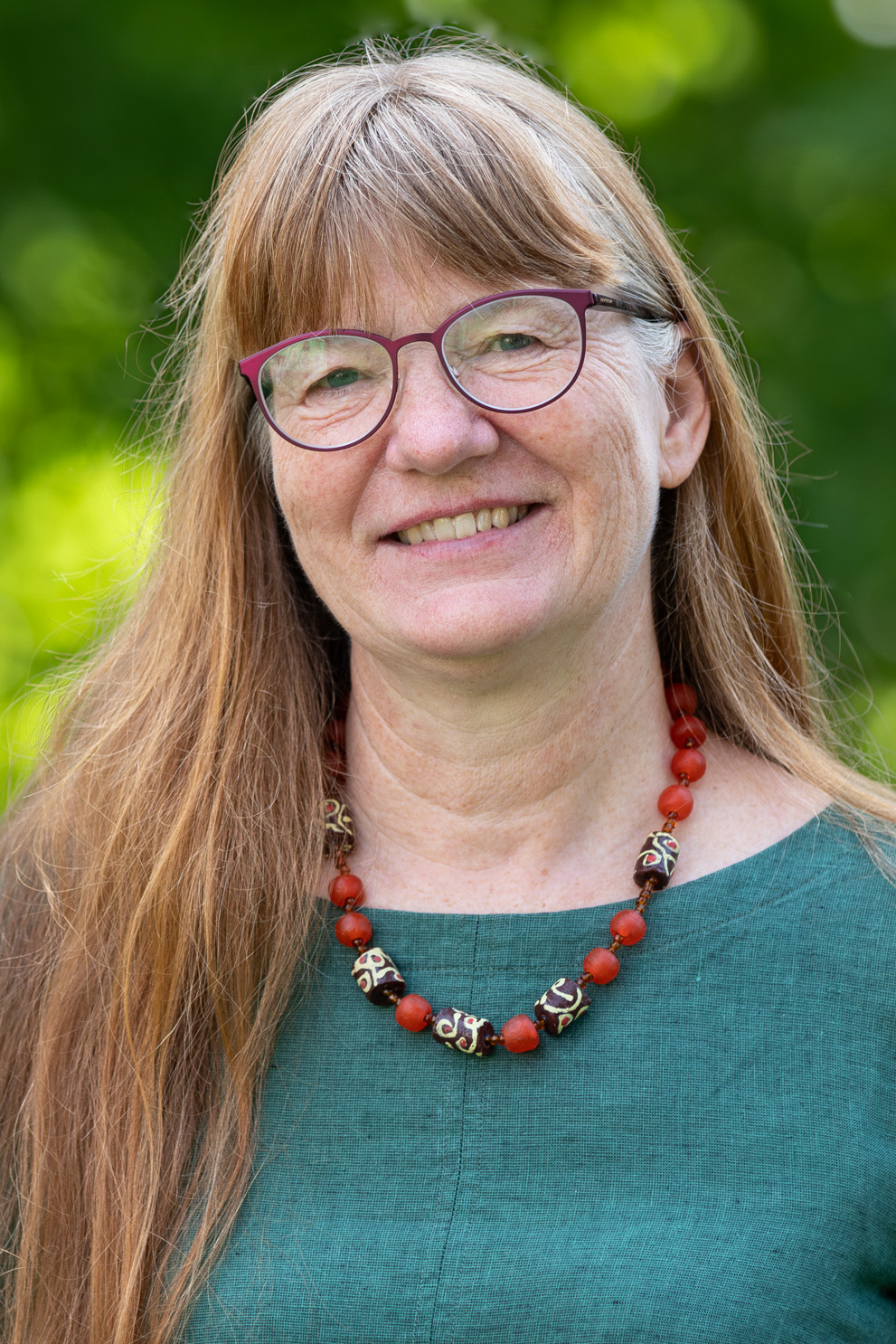How do we best design and prioritise resources in the healthcare system?
Meet Associate Professor Ulrika Enemark, who studies health economics and health systems, focusing particularly on how the organisation and financing of these systems impact the use of healthcare, health equity, and access to health services.
Research with the potential to make a real difference
Ulrika Enemark seeks to determine how we can prioritise our resources to get the best value for money in the healthcare sector. This involves evaluating whether health interventions provide value for money and whether economic structures motivate both healthcare providers and patients to make financially sound decisions.
Evidence on health economics is very important for society. "For example, the Medicines Council's decisions on which medicines should be funded by public money are partly based on information about where we get the most quality-adjusted life years per Danish krone spent."
"It’s about investigating where society gets the most health for the money spent."
Another example includes the work of the Structure Commission, the Fee Commission, and the Resilience Commission, which rely on evidence about how doctors' choices of jobs or treatment strategies are influenced by economic mechanisms.
According to Ulrika Enemark, it's also important to understand how people respond to taxes, such as those on tobacco, to develop effective tax policies.
Are health interventions worth the money?
Ulrika Enemark's research also delves into the concept of economic evaluation. Among other things, she has studied the cost-effectiveness of interventions against antibiotic resistance and childhood vaccinations.
"For instance, is it cost-effective to introduce an extended monitoring system for antibiotic resistance at the department level? Or would it be better to allocate the resources elsewhere? It’s about investigating where society gets the most health for the money spent."
Ulrika Enemark also examines whether the way clinics and employees are compensated affects the use of and access to healthcare services. She explores how the introduction of health insurance impacts the utilisation of healthcare services, and if so, for whom. These are critical questions to answer in order to prioritise interventions effectively.
Ensuring high-quality care for the elderly in need
Ulrika Enemark has a particular passion for the care of elderly people who require support.
"I dream of developing a model to ensure that elderly individuals with care needs have equal access to quality care in a sustainable system based on local values and context—even in developing countries."
She aims to demonstrate the need for a systematic collective approach to elderly care in developing countries, which includes involving relatives and recognising that care is not just a burden but can also have intrinsic positive value.
"I have ambitions to take an alternative look at the Danish care economy. What values are inherent in care? Can the delivery and financing of care be improved? That’s what I want to find answers to."
"The ambition to contribute to change is my driving force"
Ulrika Enemark feels happy and proud when she receives a grant. But what matters most to her is that her work is applied or contributes to change.
"Once, my Tanzanian research colleague and I were invited to present our research findings on health insurance to the Minister of Health and his Chief of Staff. This gave a clear sense that we had chosen the right issues to investigate."
For Ulrika Enemark, the Department of Public Health represents flexibility and opportunities. She appreciates having colleagues with diverse expertise and enjoys alternating between teaching and research.
"The students ask great questions that spark new ideas. It's also important to me to help ensure that our graduates have a solid understanding of health economics, which they can take with them into their careers. I hope this can contribute to making choices that lead to better use of our shared resources."
You might also like

Five facts about Ulrika Enemark
- Research leader on an interdisciplinary research project focused on developing Ghana's care economy.
- Involved in an interdisciplinary research project on innovation, aiming to develop a model to assess the cost-effectiveness of various innovations that make home dialysis more attractive for patients in Sweden, Norway, and Denmark.
- Runs her own consultancy, working for various development organisations such as WHO and Sida, and ministries, including the Ministry of Health in Tanzania.
- Has worked in over 20 countries and thus has knowledge of many different health systems.
- Considered studying anthropology before realising that the mechanics of economics might be the key to greater impact and chose to study economics instead.